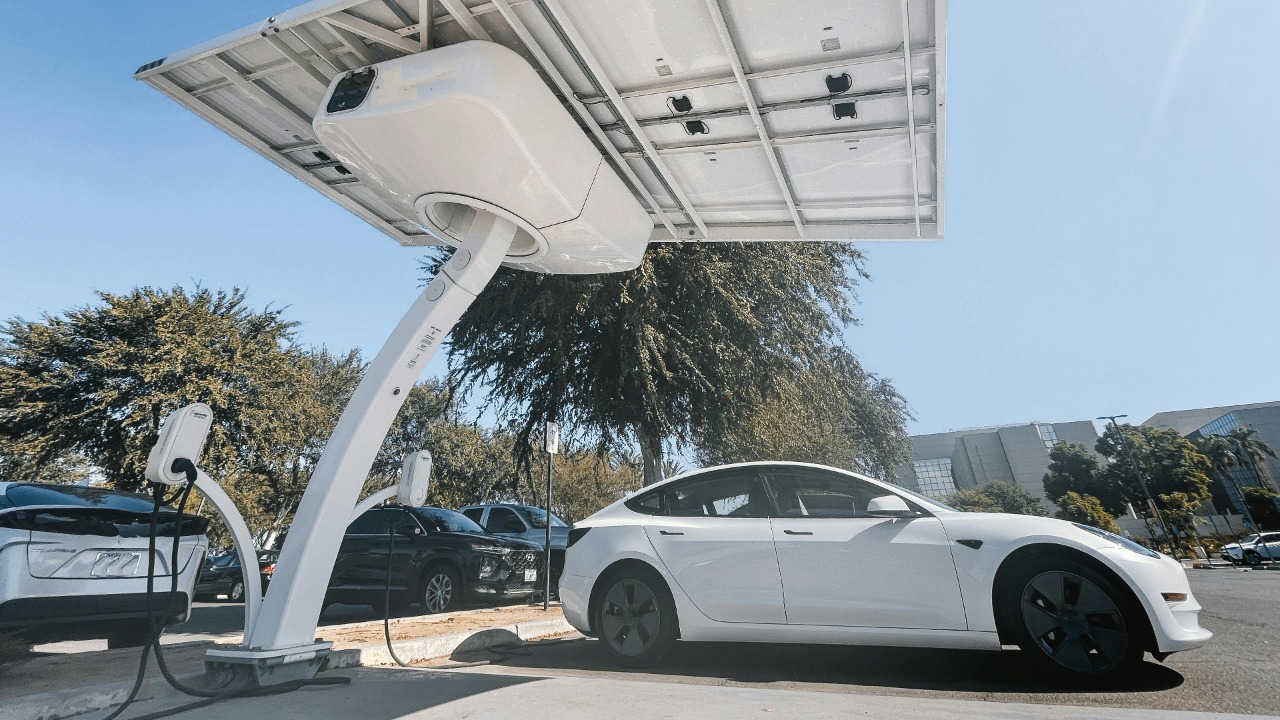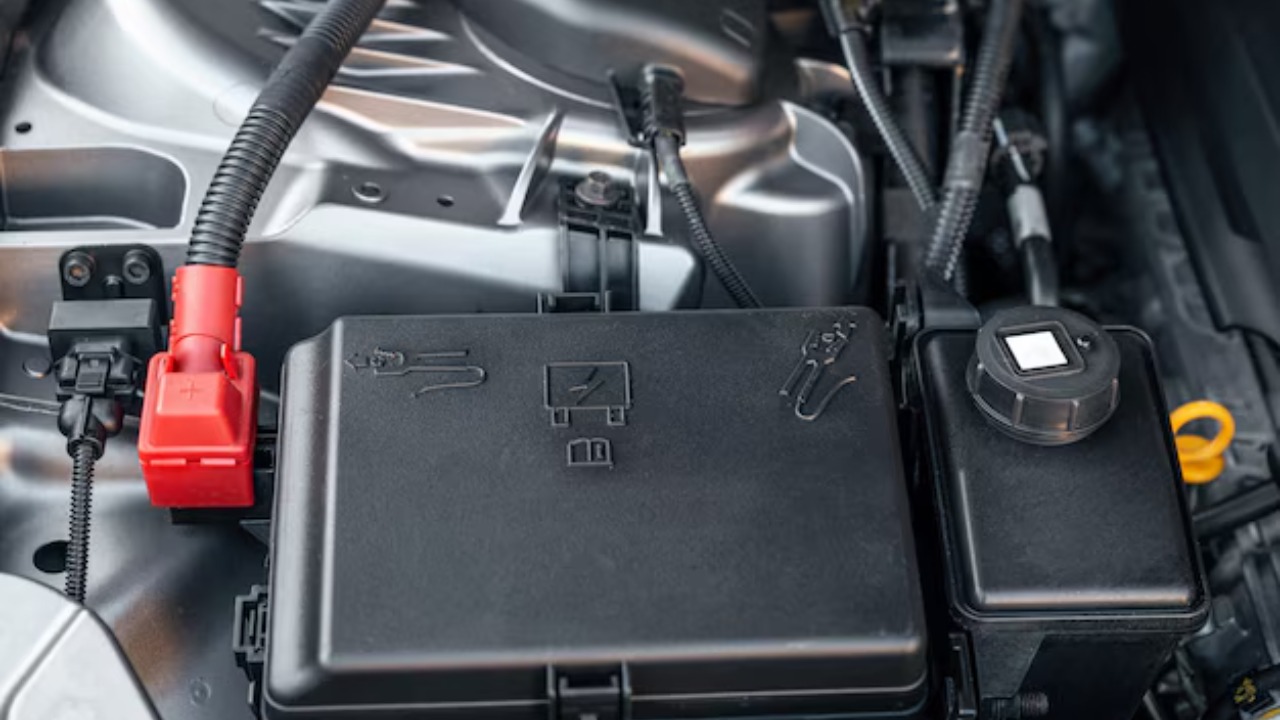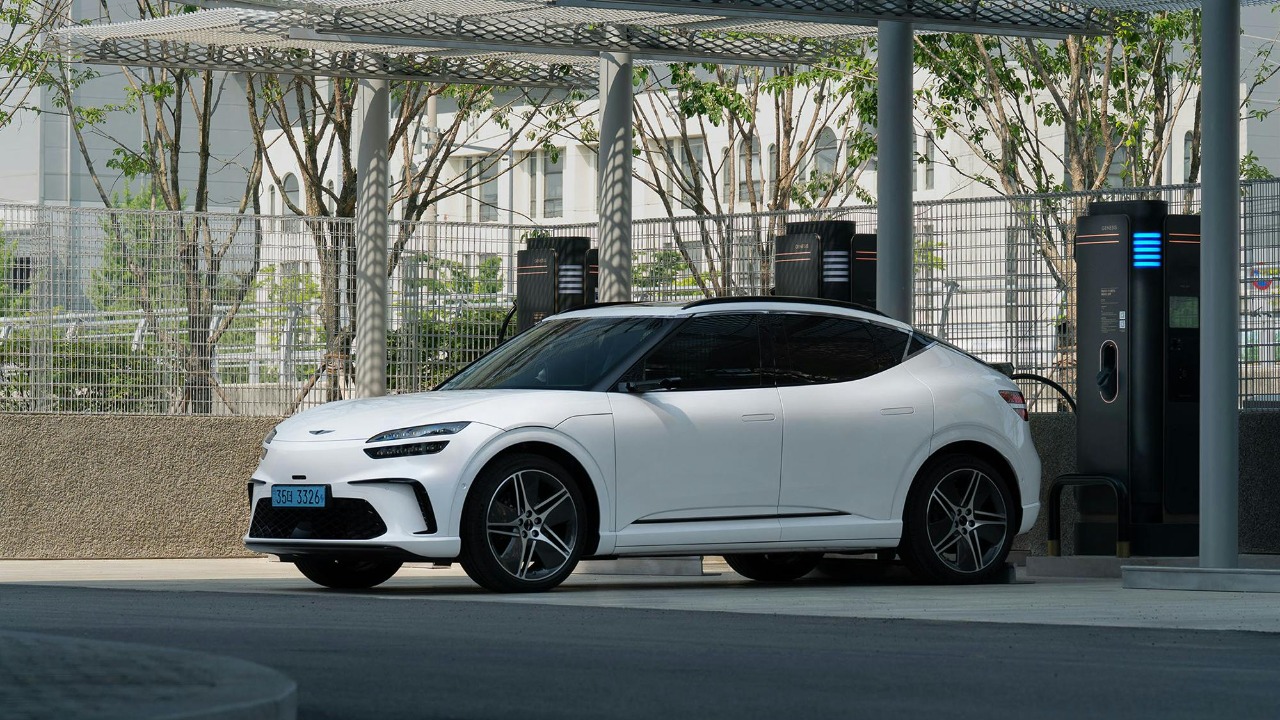A recent study has thrown light on a spike in electric vehicle (EV) battery failures after roughly 8 years of use. This discovery has implications for EV owners, and also presents the question of how to extend battery life.
Understanding EV Battery Lifespan

The lifespan of an EV battery varies based on numerous factors. Generally, a well-maintained EV battery can last between 10 to 20 years. However, like any other battery, its performance tends to degrade over time. This degradation is influenced by several factors such as charging habits, frequency of use, and environmental conditions.
Charging patterns significantly impact the lifespan of an EV battery. Frequent fast charging can strain the battery and expedite its degradation. Similarly, environmental factors like temperature also play a role. Extreme hot or cold conditions can affect the battery’s ability to hold a charge, thereby reducing its overall lifespan.
The New Study: Key Findings

A recent research published in iScience reveals a significant increase in EV battery failures after 8 years of use. The study examined battery failure rates among multiple EV models and found a common trend across the board. It’s a crucial finding, shedding light on a previously less-explored aspect of EV battery lifespan.
The study’s methodology involved analyzing failure rates of various EV models over different periods. The researchers found a marked increase in the failure rate after the eighth year, suggesting that this is a critical point in the life of an EV battery.
Implications for EV Owners

The findings of this study have several implications for EV owners. The most immediate concern is the potential cost of battery replacement. Depending on the make and model of the vehicle, a new battery can cost anywhere from $1,000 to over $6,000. This is a significant expense, especially considering that the average lifespan of an EV battery is only 8 years.
Moreover, battery failures can affect the overall performance and safety of the vehicle. A degraded or failing battery can lead to decreased range and overall performance, compromising the vehicle’s reliability. Furthermore, according to a McKinsey report, these issues could hinder consumer confidence and slow down the growth of the EV market.
Comparing EV Battery Life to Gas Cars

When comparing EVs to traditional gas-powered cars, it’s important to consider maintenance and lifespan. While EVs generally require less maintenance than gas cars, the battery replacement issue brings a new perspective. Unlike traditional cars where the engine’s lifespan can exceed 15 years, the battery in an EV seems to have a much shorter lifespan.
A detailed comparison in a report by InsideEVs highlights this difference, indicating that even though EVs might seem like a more economical choice initially, the cost of battery replacement could offset this advantage.
Extending EV Battery Life: Possible Solutions

There are several potential solutions to extend the life of EV batteries. One promising avenue is the use of artificial intelligence (AI). A study published in Innovation News Network found that AI can help monitor battery health, predict failures, and recommend optimal charging patterns, thereby enhancing battery lifespan.
In addition to AI, there are other technological advancements aimed at improving battery lifespan. For instance, researchers are exploring new battery technologies like solid-state batteries that promise longer life and faster charging times. Finally, EV owners themselves can adopt strategies to prolong battery life, such as avoiding frequent fast charging, maintaining a moderate battery charge level, and minimizing exposure to extreme temperatures.